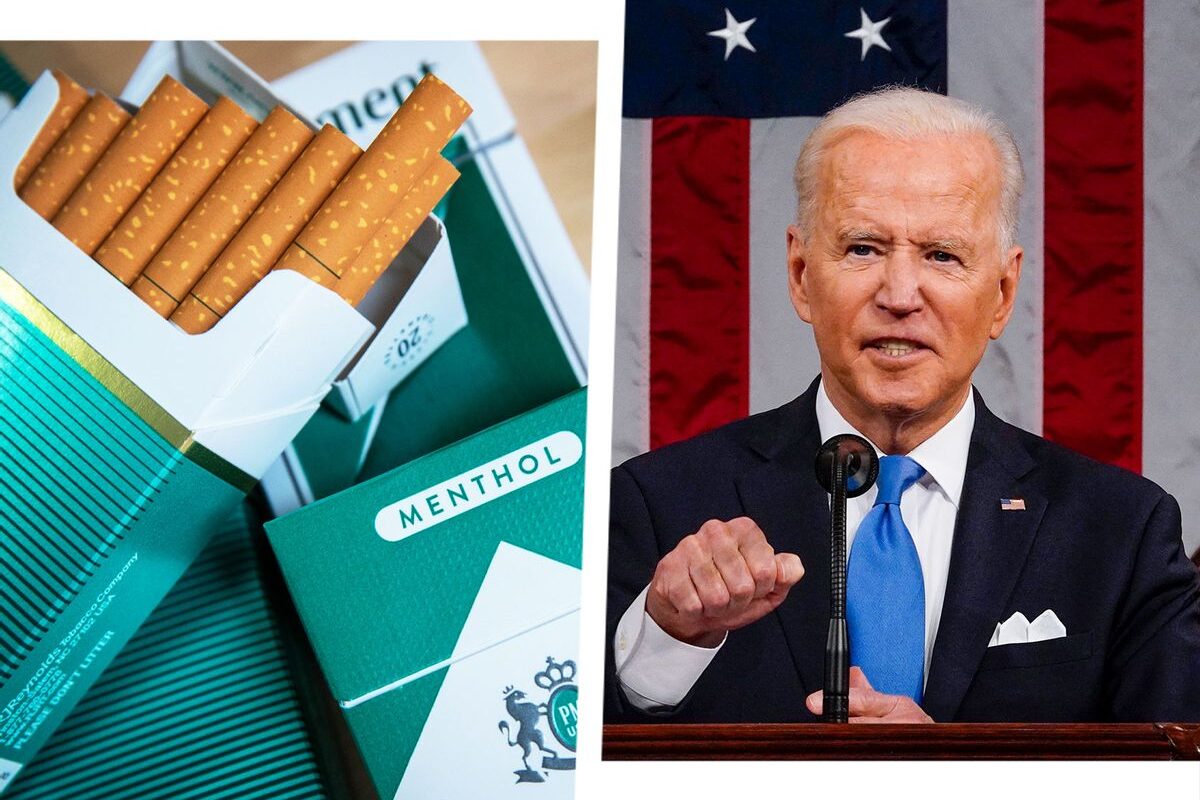In a uniquely American narrative blending race and politics, the humble menthol cigarette has emerged as a significant factor in the upcoming US presidential election. The proposal from President Joe Biden’s administration to ban mint-flavored cigarettes has sparked mixed reactions, particularly among African Americans who constitute a crucial base for the Democratic Party. Complicating the discourse are narratives linked to the tobacco lobby, raising concerns about potential over-policing and racism stemming from the ban.
Traditionally left-wing issues have taken center stage as Republicans seize upon the opportunity to engage Black voters. The Food and Drug Administration (FDA) unveiled plans in 2022 to eliminate flavored tobacco products to curb smoking initiation and aid current smokers in quitting. Though initially set for approval last year, fears of alienating Black voters prompted a delay until March, with uncertainties lingering over the ban’s implementation.
Notably, Black smokers exhibit a higher preference for menthol cigarettes compared to their white counterparts, with approximately 80% of African American smokers opting for menthols versus 30% of white smokers. This demographic skew has fueled arguments—some backed by the tobacco industry—that a menthol ban would disproportionately affect African Americans.
Civil rights figure Al Sharpton, known for his advocacy against undue regulation, queried the selective targeting of menthols, questioning why all tobacco products aren’t subject to bans. His concerns around racial profiling and discrimination were echoed in a letter to the Biden administration, cautioning against exacerbating existing societal tensions.
As the election nears, conservative groups are leveraging the menthol cigarette ban as a wedge issue to sway African American voters away from Biden. Tactics such as targeted mailers and ads in states like South Carolina seek to capitalize on this contentious issue.
While Altria, a major tobacco company, conducted a poll suggesting the ban could erode support for Biden among minority voters, health experts emphasize the urgency of curbing smoking-related illnesses that claim nearly 500,000 lives annually in the US. Advocates for the ban, including NAACP President Derrick Johnson, stress the imperative of prioritizing public health over political posturing, urging the White House to heed scientific research and enact the ban.
Despite claims of manufactured outrage surrounding the menthol ban, proponents argue that the move aligns with broader public health objectives and underscores a historical precedent for tobacco regulation. The EU and select US states have already prohibited menthol cigarettes, citing their role in perpetuating addiction and hindering cessation efforts, especially among marginalized communities.
Campaigns targeting Black Americans with menthol advertisements have contributed to the ubiquity of these products in the community, with consumption rates soaring over the past century. Research indicates that a nationwide ban on menthol cigarettes could potentially save hundreds of thousands of lives, predominantly among African Americans, underscoring the public health imperative driving this contentious policy proposal.
*Note:
1. Source: Coherent Market Insights, Public sources, Desk research
2. We have leveraged AI tools to mine information and compile it




